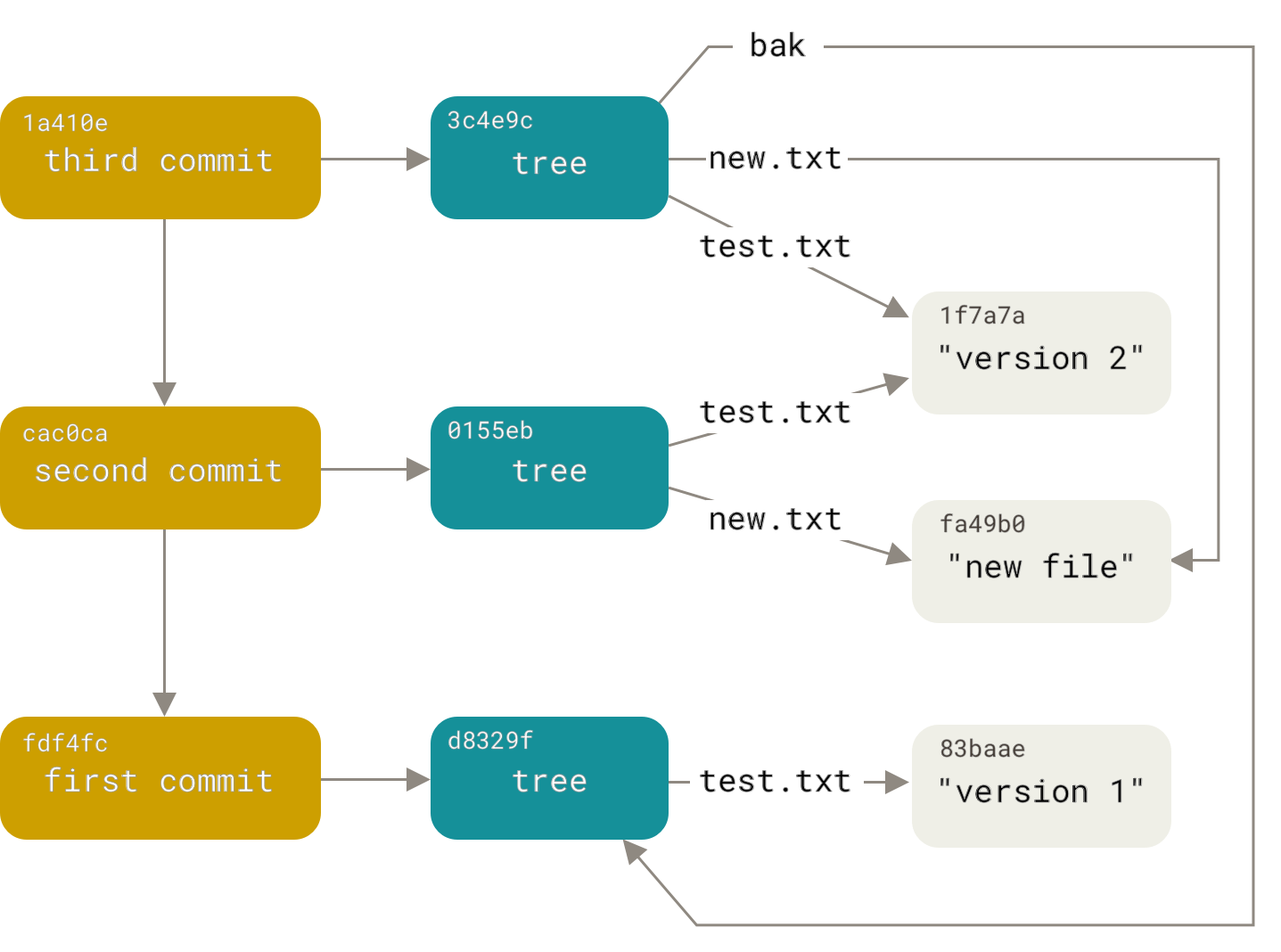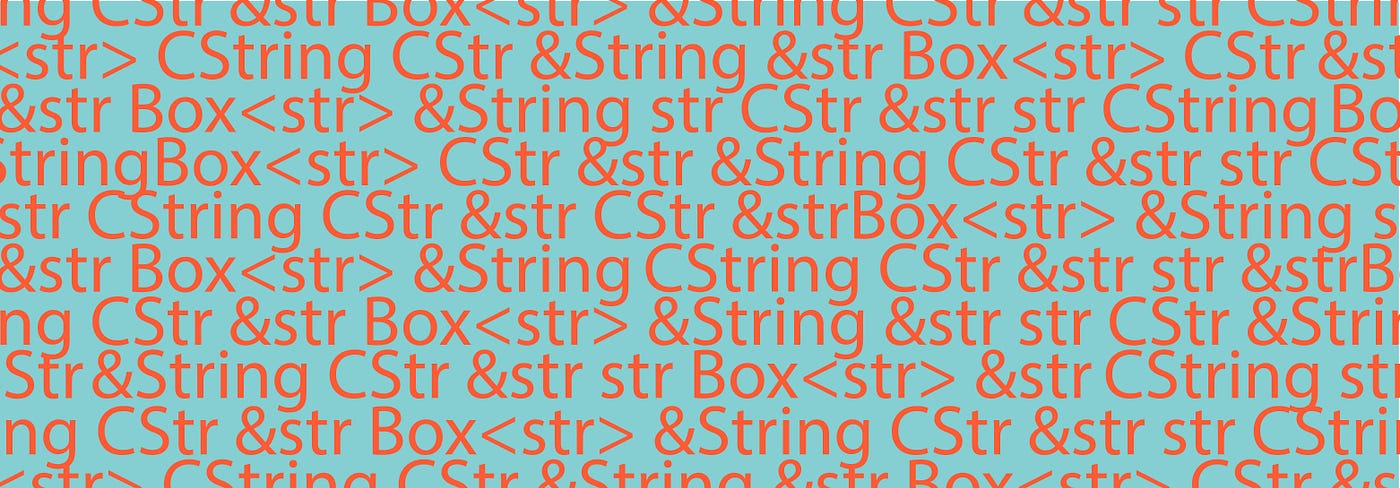上一回的 谈 C++17 里的 Observer 模式 还是有点慌张,所以需要补充完善一下下
Observer Pattern - Part II
多种 event (types) 问题
我们已经解释过,如果你需要很多不同的 event 对象,那么你应该扩展 event 结构成员:
1
2
3
4
struct event {
enum EventType type;
... // extras body
};
这就好像设计一份通讯协议一般的做法,当然,后面的 body 部分应该是相对一致的数据类型才比较好,或者,采用 union 的解决方案。
进一步地,如果你的事件族非常庞大复杂,你可以采用派生类体系的方案:
1
2
3
4
5
6
7
8
9
10
11
12
13
14
15
16
17
18
struct event {
enum EventType type;
... // extras body
};
struct mouse_move_event : public event {
int x, y;
int modifiers;
};
struct kb_event : public event {
int key_code, scan_code;
int modifiers;
bool pressed_or_released_or_holding;
};
// ...
store.emit(mouse_move_event{});
放心,我们的 observable 具有足够的容纳能力。
在观察者中修改被观察者
请不要那么做。
这不是观察者模式原本要承担的责任。因此我们根本就不会 emit observable 本身,也正因如此正常情况下你并不能修改它——除非你用不道德的手段持有了一个被观察者的实例参考,但这样做真的是太坏了:用观察者模式就是为了解耦的,你拿住目标的引用参考你礼貌吗。
如果你真的想这么做,也不是不行,但你需要自行 async 一下。c++ 的 async 关键字提供了一种简便的异步能力(其实就是隐含了一个新线程而已)。在异步的上下文中修改被观察者,你知道修改被观察者本身可能会触发新的事件,所以异步的目的在于防止事件观察的无限循环与死锁。
如果某个事件的被观察是无副作用的,那么也可以直接做修改操作。这种情况在 DOS 时代叫做可重入的中断程序。对的,那时候的中断程序实际上就是一种观察者模式,只不过它是以汇编语言的形式组织的。
生命周期问题
采用 weak_ptr 保证了即使 observer 被提前释放,也不会影响到 observable 的 emit 动作。反过来呢,observable 如果提前释放了,则毫无任何可能的副作用。
动态修改观察者链问题 - 改进后的新版本
上一版中的 observable 实现没有做锁定,因此若是在多线程环境动态修改观察者链且发生 emit 时,会有竞态问题。
因此针对这种可能,我们提供改进之后的、可托管的版本实现:
1
2
3
4
5
6
7
8
9
10
11
12
13
14
15
16
17
18
19
20
21
22
23
24
25
26
27
28
29
30
31
32
33
34
35
36
37
38
39
40
41
42
43
44
45
46
47
48
49
50
51
52
53
54
55
56
57
58
59
60
61
62
63
64
65
66
67
68
69
70
71
72
73
74
75
76
77
78
79
80
81
82
83
84
85
86
87
88
89
90
91
92
93
94
95
96
97
98
99
100
101
102
103
104
105
106
107
108
109
110
111
112
113
114
115
116
117
118
119
120
121
122
123
124
125
126
127
128
namespace hicc::util {
template<typename S>
class observer {
public:
virtual ~observer() {}
using subject_t = S;
virtual void observe(subject_t const &e) = 0;
};
/**
* @brief
* @tparam S
* @tparam Observer
* @tparam AutoLock thread-safe even if modifying observers chain dynamically
* @tparam CNS use Copy-and-Swap to shorten locking time.
*/
template<typename S, bool AutoLock = false, bool CNS = true, typename Observer = observer<S>>
class observable {
public:
virtual ~observable() { clear(); }
using subject_t = S;
using observer_t_nacked = Observer;
using observer_t = std::weak_ptr<observer_t_nacked>;
using observer_t_shared = std::shared_ptr<observer_t_nacked>;
observable &add_observer(observer_t const &o) {
if (AutoLock) {
if (CNS) {
auto copy = _observers;
copy.push_back(o);
std::lock_guard _l(_m);
_observers.swap(copy);
} else {
std::lock_guard _l(_m);
_observers.push_back(o);
}
} else
_observers.push_back(o);
return (*this);
}
observable &add_observer(observer_t_shared &o) {
observer_t wp = o;
if (AutoLock) {
if (CNS) {
auto copy = _observers;
copy.push_back(wp);
std::lock_guard _l(_m);
_observers.swap(copy);
} else {
std::lock_guard _l(_m);
_observers.push_back(wp);
}
} else
_observers.push_back(wp);
return (*this);
}
observable &remove_observer(observer_t_shared &o) { return remove_observer(o.get()); }
observable &remove_observer(observer_t_nacked *o) {
if (AutoLock) {
if (CNS) {
auto copy = _observers;
copy.erase(std::remove_if(copy.begin(), copy.end(), [o](observer_t const &rhs) {
if (auto spt = rhs.lock())
return spt.get() == o;
return false;
}),
copy.end());
std::lock_guard _l(_m);
_observers.swap(copy);
} else {
std::lock_guard _l(_m);
_observers.erase(std::remove_if(_observers.begin(), _observers.end(), [o](observer_t const &rhs) {
if (auto spt = rhs.lock())
return spt.get() == o;
return false;
}),
_observers.end());
}
} else
_observers.erase(std::remove_if(_observers.begin(), _observers.end(), [o](observer_t const &rhs) {
if (auto spt = rhs.lock())
return spt.get() == o;
return false;
}),
_observers.end());
return (*this);
}
friend observable &operator+(observable &lhs, observer_t_shared &o) { return lhs.add_observer(o); }
friend observable &operator+(observable &lhs, observer_t const &o) { return lhs.add_observer(o); }
friend observable &operator-(observable &lhs, observer_t_shared &o) { return lhs.remove_observer(o); }
friend observable &operator-(observable &lhs, observer_t_nacked *o) { return lhs.remove_observer(o); }
observable &operator+=(observer_t_shared &o) { return add_observer(o); }
observable &operator+=(observer_t const &o) { return add_observer(o); }
observable &operator-=(observer_t_shared &o) { return remove_observer(o); }
observable &operator-=(observer_t_nacked *o) { return remove_observer(o); }
public:
/**
* @brief fire an event along the observers chain.
* @param event_or_subject
*/
void emit(subject_t const &event_or_subject) {
if (AutoLock) {
std::lock_guard _l(_m);
for (auto const &wp : _observers)
if (auto spt = wp.lock())
spt->observe(event_or_subject);
} else {
for (auto const &wp : _observers)
if (auto spt = wp.lock())
spt->observe(event_or_subject);
}
}
private:
void clear() {
if (AutoLock) {
std::lock_guard _l(_m);
_observers.clear();
}
}
private:
std::vector<observer_t> _observers{};
std::mutex _m{};
};
} // namespace hicc::util
如果你知道观察者不多,例如不过数个乃至数百个,那么可以使用默认的 CNS = true 的算法。这是一种先复制再交换(Copy-and-Swap)的方法,用一定的内存代价来换取更短的加锁时间。但如果你会有成千上百万的观察者(真的会吗?),请不要这么做,使用 CNS - false 的工作模态,这不必消耗额外的内存,只不过锁定的时间可能相对略长。
此外,启用了加锁特性的 observable 不能解决 emit 过程中的长时间锁定问题,尤其是要注意若是某个观察者太坏,则副作用会影响到整个 emit 乃至父级调用者。
辅助 RAII 类
为了帮助你临时注册观察者,这里也提供一个支持 RAII 特性的辅助类:
1
2
3
4
5
6
7
8
9
10
11
12
13
14
15
16
17
18
namespace hicc::util {
template<typename S, bool AutoLock = false, bool CNS = true, typename Observer = observer<S>>
struct registerer {
using _Observable = observable<S, AutoLock, CNS, Observer>;
_Observable &_observable;
typename _Observable::observer_t_shared &_observer;
registerer(_Observable &observable, typename _Observable::observer_t_shared &observer)
: _observable(observable)
, _observer(observer) {
_observable += _observer;
}
~registerer() {
_observable -= _observer;
}
};
} // namespace hicc::util
新的测试代码
所以测试代码也有所调整:
1
2
3
4
5
6
7
8
9
10
11
12
13
14
15
16
17
18
19
20
21
22
23
24
25
26
27
28
29
30
namespace hicc::dp::observer::basic {
struct event {};
class Store : public hicc::util::observable<event, true> {};
class Customer : public hicc::util::observer<event> {
public:
virtual ~Customer() {}
bool operator==(const Customer &r) const { return this == &r; }
void observe(const subject_t &) override {
hicc_debug("event raised: %s", debug::type_name<subject_t>().data());
}
};
} // namespace hicc::dp::observer::basic
void test_observer_basic() {
using namespace hicc::dp::observer::basic;
Store store;
Store::observer_t_shared c = std::make_shared<Customer>(); // uses Store::observer_t_shared rather than 'auto'
store += c;
store.emit(event{});
store -= c;
{hicc::util::registerer<event, true> __r(store, c);
store.emit(event{});}
}
后记
这次补充之后,总算是看得过去了,也稍微具有了点实用价值。
不过还存在一些遗憾,它们的一部分不应该由 observable observer pattern 负责解决,另一部分呢要留待其它解决思路去完成(例如 Rx 类似的异步手段)。
另外,使用一个 observer 类有时候可能太傻了。这也是为什么会有新的声音发出来说不要有 observer。这个问题不算困难,只是风格不同。但今天没力量完成了,下次看看是不是有兴趣弄的话大概就不得不再次补充了。
也或许不。
![]()



留下评论